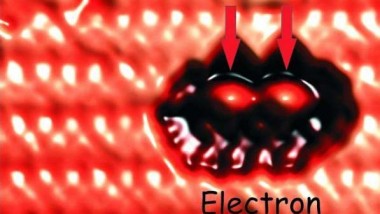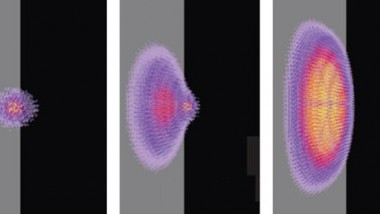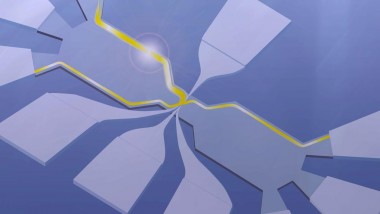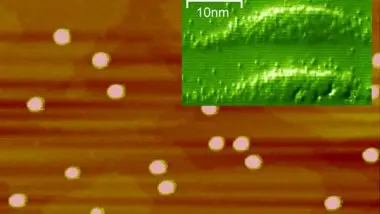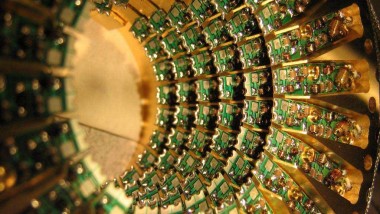Researchers from Oxford University have turned the tables on the degrading receptiveness of quantum entangled systems. Conventional quantum sensors suffer from interference from their environment, but this novel version harnesses this sensitivity to measure incredibly weak magnetic fields. This new ...
Single Atom Quantum Dots
Researchers from the National Institute for Nanotechnology and the University of Alberta have created single atom quantum dots that are able to control individual electrons. The quantum dot was developed using a single atom of silicon, measuring less than one ...
Controlling Quantum States
An international team of researchers has demonstrated that it can manipulate the quantum state of a single electron in a silicon transistor by placing the electron in two places at once. Their breakthrough could point the way towards a practical ...
New Quasiparticles Found
Scientists from the Weizmann Institute of Science in Israel have demonstrated, for the first time, the existence of quasiparticles with one quarter the charge of an electron. Quasiparticles are formed from the interactions of multi-particle systems, and act effectively as ...
Electron Traps that Compute
The “Quantum Photonics Group” researchers at ETH Zurich, Switzerland have created superimposed quantum dots, which are able to ‘trap’ single electrons. Created using a semiconductor material, energy in these dots can be influenced by lasers. The researchers were successful in ...
Nano-Diamonds Might Lead to Quantum Computing
University of Melbourne scientists have managed to create nanometer-sized diamonds, by shooting carbon atoms into glass and the heating the glass. The diamonds’ properties may help in creating quantum computers capable of performing parallel computing tasks that cannot be carried ...
What is a quantum computer?
In quantum computation we use quantum physics to compute. The use of physics in computation raises some deep philosophical problems concerning the relation of math to physics. It concerns the definition of the term ‘computer’ as a physical object. We ...

